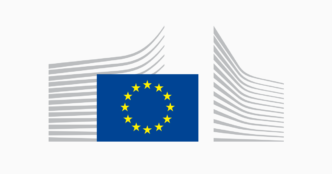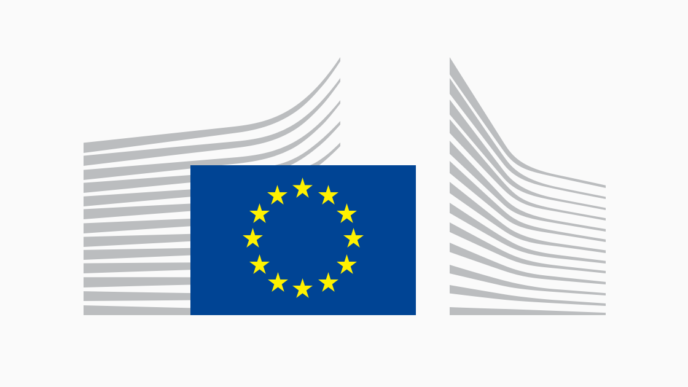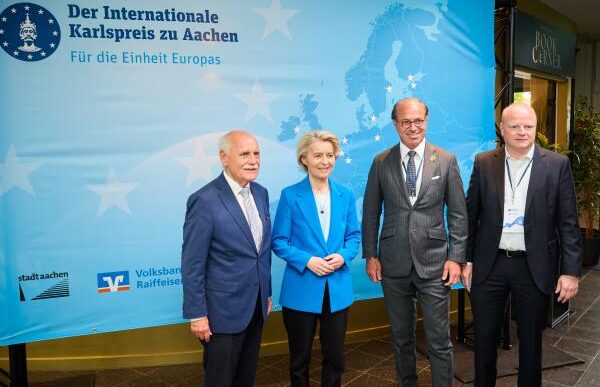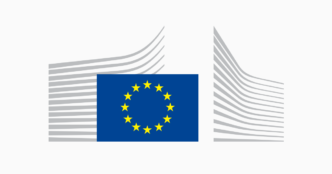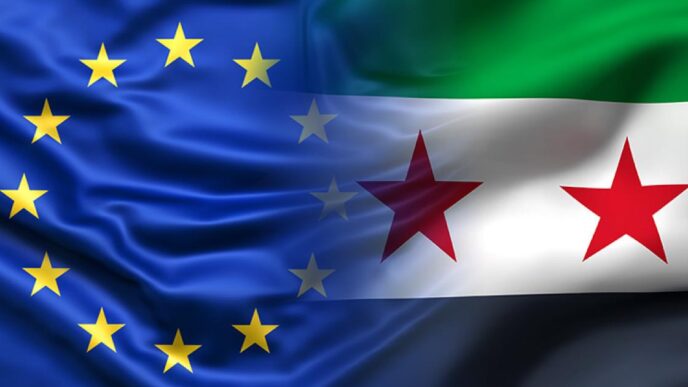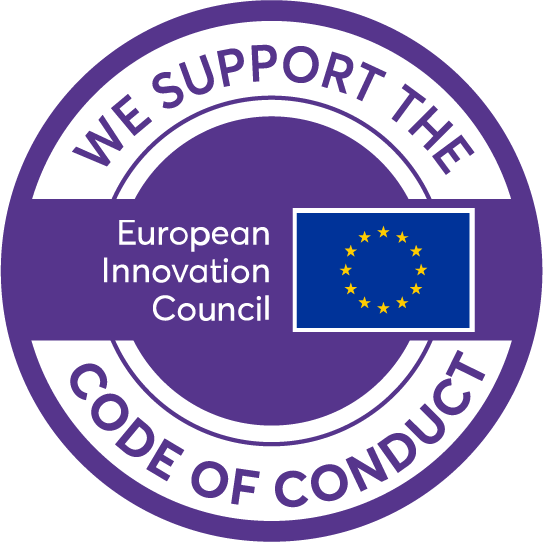Today, the European Commission proposes to update the EU’s Anti-Torture Regulation to step up efforts to eradicate torture and other ill-treatment globally through export control trade measures.
Adopted twenty years ago, the EU Anti-Torture Regulation is the world’s first legally binding instrument regulating trade in torture-related goods. The Regulation prohibits trade in goods that are inherently abusive and have no other practical use than capital punishment, torture and other ill-treatment. It also requires that goods that have a legitimate purpose but carry a risk of being misused for death penalty, torture and other ill treatment, undergo export controls by EU Member States’ authorities. If risks of misuse are identified, Member States’ authorities should refuse their export to third countries.
Today, the Commission proposes to update the categories of goods listed in the Regulation, which was initially adopted in 2005. This proposal builds on the recommendations by the UN Special Rapporteur on torture and other cruel, inhuman or degrading treatment or punishment.
Developments in the security market and torture in policing assemblies
Rapid technological developments have introduced new tools for law enforcement in the security market. At the same time, the practice of torture and other ill-treatment takes place not only in prisons and other places of detention but is widespread also in extra custodial settings, such as the policing of assemblies.
Several reports have shown that law enforcement equipment has been misused for repression of peaceful protests, leading to major injuries and deaths.
The Commission’s proposal addresses both these trends to ensure that modern-day torture tools are not traded and that legitimate law enforcement equipment, which is imported from the EU into third countries, do not enable or facilitate torture and other ill-treatment.
Examples of new proposals
Under this proposal, we will be regulating trade in Kinetic Impact Projectiles (KIPs). Often known as ‘rubber bullets’, KIPs are less-lethal weapons that can cause serious injury and even death. Their misuse to repress protests has been reported in different countries of the world, causing permanent disabilities, including the loss of one or both eyes, or fatal injuries among protesters and bystanders. EU Member States’ authorities will assess possible risks of misuse, in violation of international law and standards, before authorising export of KIPs to third countries.
The Commission proposes to prohibit trade in gang chains, which consist of multiple pairs of cuffs attached to a single chain restricting several people together. The use of gang chains increases the risk of injury and is an inhuman and degrading practice, which reminds of dark pages of history. It must have no space in today’s law enforcement practices.
Next steps
The Commission’s proposal for a delegated act is now transmitted to the European Parliament and the Council of the European Union, for their consideration.


